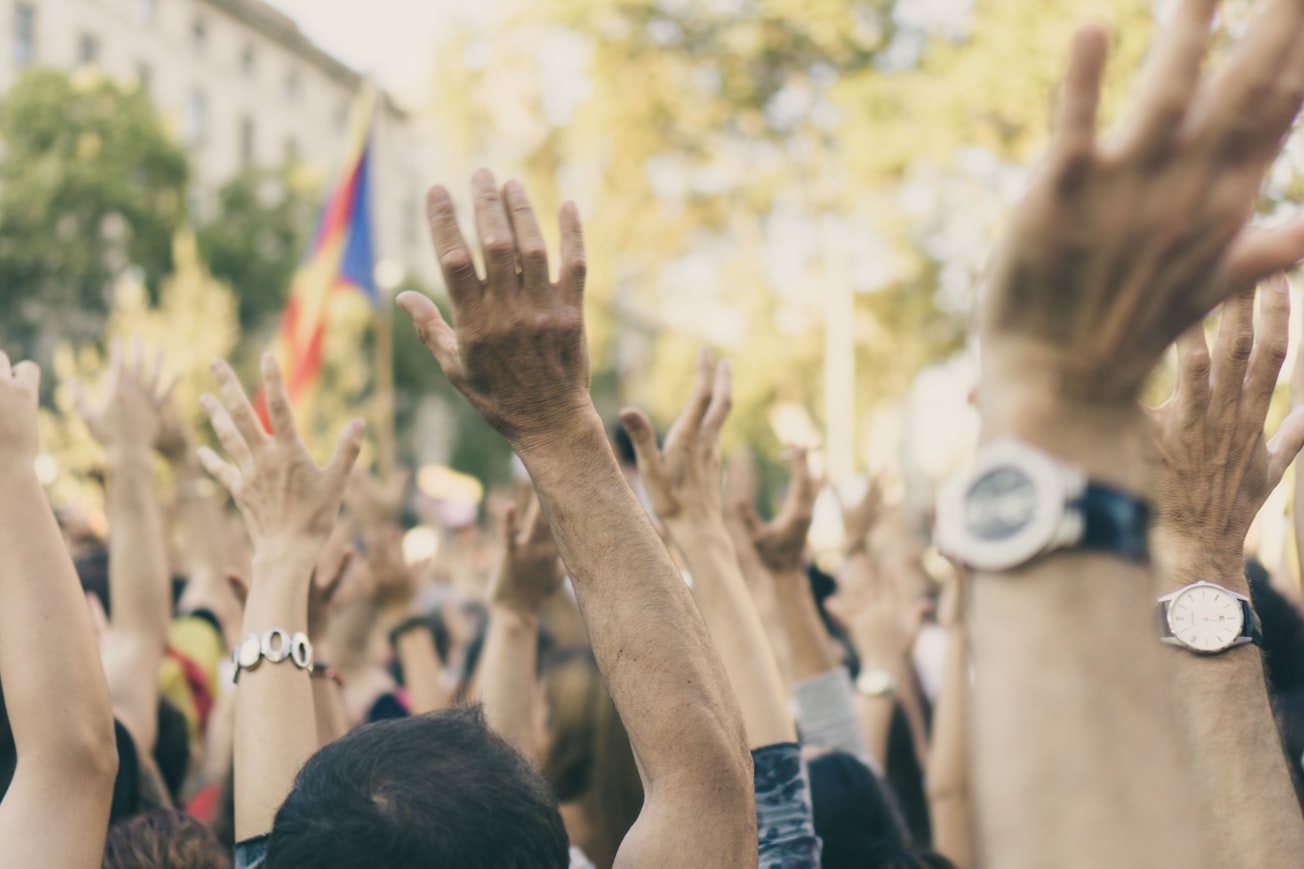What is it about?
In the 21st century, public protest has again quickly become an important way for citizens to express concerns over the functioning of national politics and the economy. Through a case study of protest culture in post-economic crisis Iceland, this article analyses two instances of protest. It highlights different 'logics' underscoring protest, including organising demonstrations to 'gain numbers', 'inflict damage' or 'bear witness' to serious problems.
Featured Image

Photo by Chris Slupski on Unsplash
Why is it important?
Through an analysis of how protesters in Iceland are 'bearing witness' to serious government transgressions, the article highlights what can be achieved through "small" protests and highlights the ethics influencing protest behaviour. To this end, a shared sense of compassionate solidarity (samkennd) is shown to bring Icelanders together in a continued fight for increased transparency within Icelandic politics.
Perspectives
The photographs of the protests that are the focus of this article illustrate Iceland's developing culture of protest, a phenomenon that did not exist in this form before the 2008 Icelandic banking collapse. I hope this article continues to shine a light on the reformation of politics in Iceland in the context of a severe financial crisis.
Dr Timothy Heffernan
University of New South Wales
Read the Original
This page is a summary of: Crisis and Belonging: Protest Voices and Empathic Solidarity in Post-Economic Collapse Iceland, Religions, January 2020, MDPI AG,
DOI: 10.3390/rel11010022.
You can read the full text:
Resources
'Now is necessity': Icelandic charity during the crisis years
This chapter foregrounds information on a sense of 'togetherness' in Iceland and a sense of compassionate solidarity (samkennd).
Economic crisis and mass protest: the pots and pans revolution in Iceland
This volume focusses on Iceland’s ’Pots and Pans Revolution’, a series of large scale antigovernment protests and riots that took place in Iceland in autumn 2008 and January 2009.
Contributors
The following have contributed to this page







